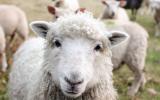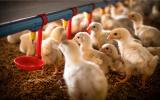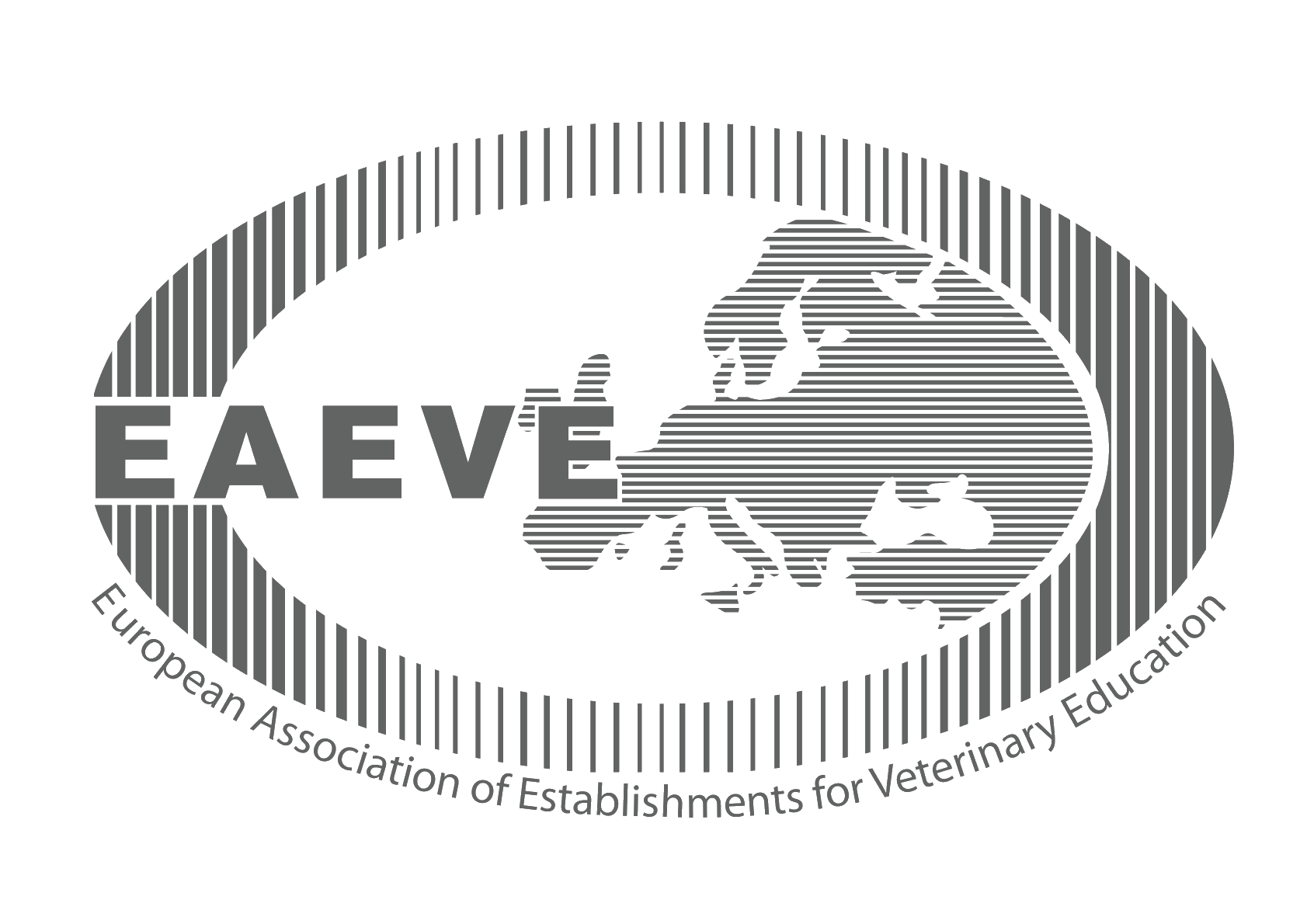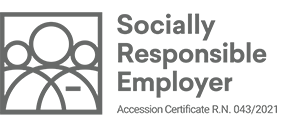CRP – V4 2024
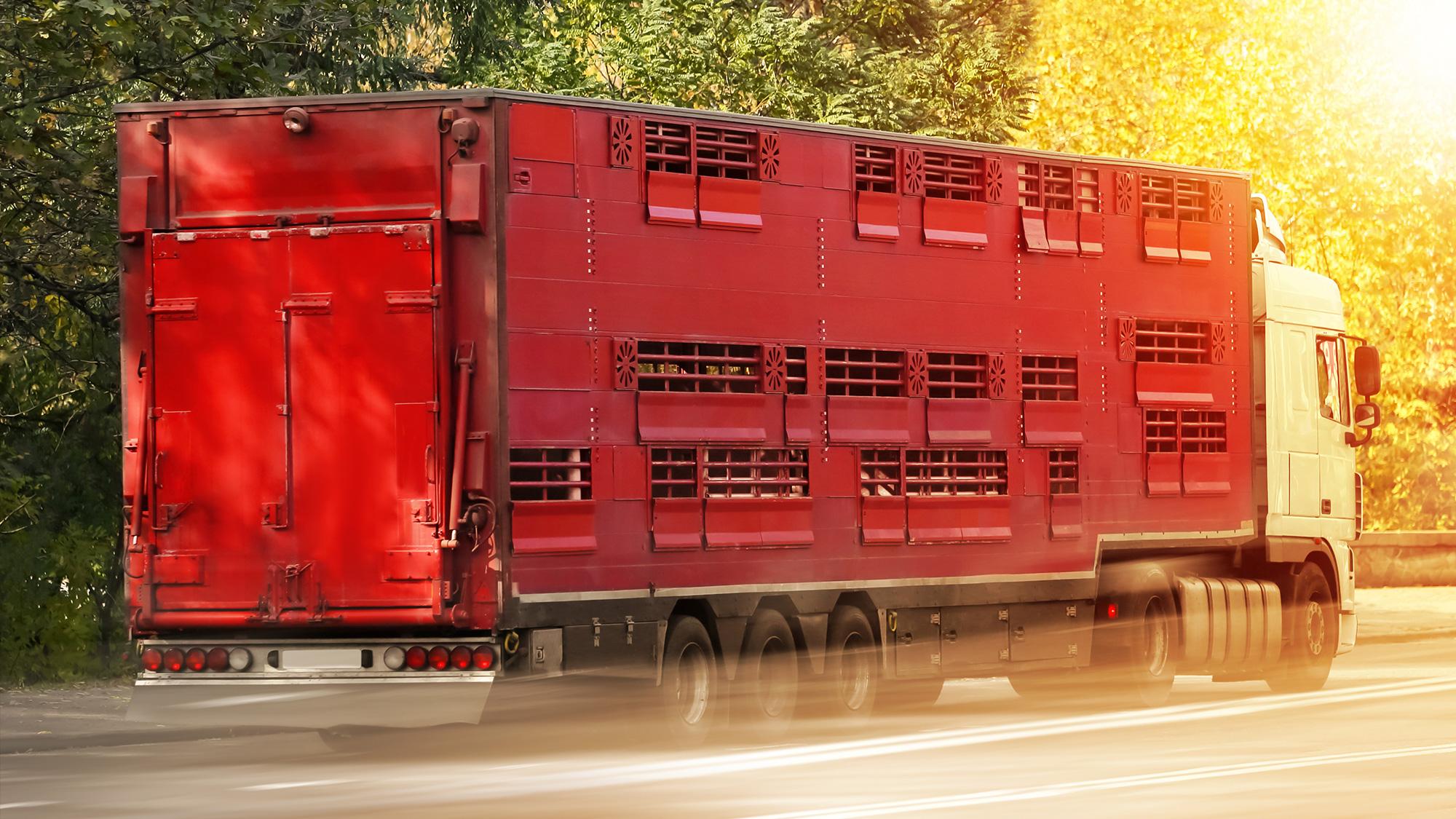
Breeding of domestic animals by upgrading animal welfare in accordance with social requirements

General Data
Member of UL |
Veterinary faculty |
|
Name of the leading partner |
University of Ljubljana, Veterinary faculty | |
Status |
leading partner | |
Project code/ Project No |
CRP – V4-2024 | |
Project Title |
Breeding of domestic animals by upgrading animal welfare in accordance with social requirements | |
Financier |
ARRS, MKGP | |
Project period |
1.11.2020 - 31.10.2023 | |
Yearly sum of FTE |
The project is financed for a period of three years totalling 200.000,00 EUR, of which 109.615,00 EUR is from Slovenian Research Agency and 90.385.00 EUR is from the Ministry of Agriculture, Forestry and Food of the Republic of Slovenia. | |
Leader |
Professor. MSc, PhD Alenka Dovč, DVM, Spec. Med. Birds, Small mammals and Reptiles, Dipl ECAWBM (AWSEL) (European College of Animal Welfare and Behavioural Medicine) | |
Scientific field |
Biotechnology | |
Partners |
University of Ljubljana, Biotechnical faculty |
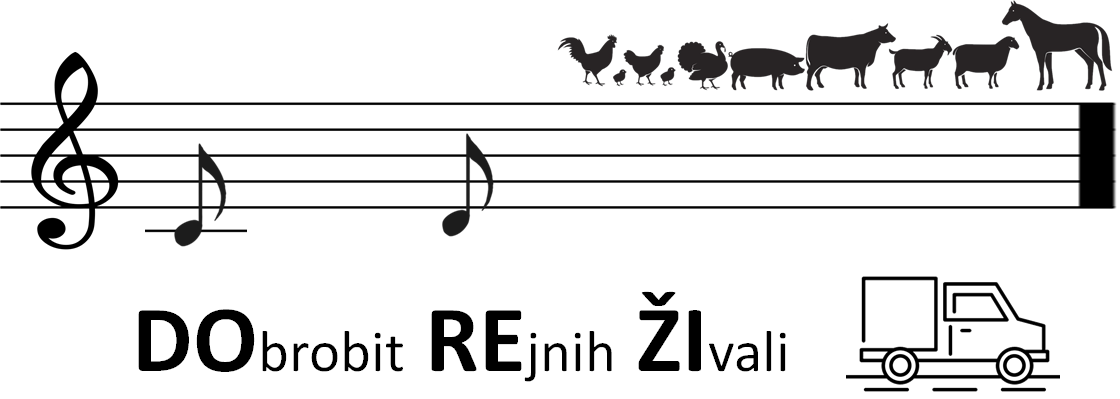
Project Phases
This project is divided into four sections by livestock four group (poultry, swine, ruminants and horses). The fifth section includes all previously mentioned sections and addresses problems of transport and slaughterhouses (individually for white and red meat).
The objectives of each section are to propose solutions to eliminate unsuitable breeding methods or to propose new alternative forms of breeding that are more suitable for individual species and categories of livestock. We will propose starting points for the development of new or the modification of existing regulations and guidelines for good farming practices. Our work will be underpinned by fieldwork and a close relationship with breeders. We will use prepared questionnaires to gain insights into specific characteristics of individual species and categories of livestock. The aim is to obtain information about the actual situation in Slovenian breeding and how it works in practice. We want to put all our findings into practice and in this way actively influence the improvement of health and welfare of farm animals. Nothing is so good that it cannot be improved.
Project description
The main objectives of the project are to investigate the scope, forms and methods of animal husbandry for individual species of livestock that are at odds with expected societal norms and already adopted policies and regulations in the field of animal breeding, health, protection and welfare.
The aim is to bring the profession and the public closer together and to highlight problems, some of which are very pressing (e.g.: keel bone fractures in layers, tail biting in pigs, castration without proper anaesthesia, stocking density in fattening beef cattle, lack of drinking water in calves and grazing, poor legislation in the field of standards for horses, living conditions). Special attention must be paid to loading, transport and unloading of animals to the slaughterhouse, treatment in the period before slaughter and preparation before stunning and the process of stunning and slaughter in slaughterhouses, ritual slaughter. As an alternative solution to the problems of transport itself, animal exhaustion, possible injuries and consequent poor meat quality, lower capacity slaughterhouses and mobile slaughterhouses are presented.
Animal welfare is a complex and multifaceted concept with scientific, ethical, economic, cultural, social, religious and political dimensions and is attracting increasing interest in civil society. Due to the topicality of the problem and its great importance for society, the project team is composed of experts from different disciplines. Increasement of the effectiveness of animal welfare measures leads to quickly visible results. Animals are more resistant and fewer infectious diseases occur in good conditions, without stress and additional unnecessary effort. As a result, the use of antibiotics and other therapeutics is reduced and the profitability of breeding is increased. Indirectly, a cleaner environment and cheaper and safer food is ensured. Such a positive effect also reflects in the international competitiveness of domestic breeding production.
Structure of the project group
SICRIS
Final Report
Location
Gerbičeva 60
SI-1000 Ljubljana
Slovenija
Sample Reception
Samples are received at several locations throughout Slovenia. See where.
The veterinarian on duty
Emergency veterinary assistance for dogs and cats and a telephone number of constant readiness.
Library
A wide selection of domestic and foreign professional literature in the field of veterinary medicine and other sciences.
Main navigation
-
Education
- Informativni dan
- Why to become a veterinarian?
- Undergraduate Studies
- Postgraduate studies
- Pripravništvo
- Summer Schools
- Continuous education
- Professional Development
- International Activity
- Mednarodna dejavnost - Tuji študentje
- The Path to Creative Knowledge
- Tutoring
- Extracurricular Activities
- Career Centres
- Alumni
- Student organizations and societies
- Quality Assurance
- Clinics
- Diagnostics
- Dobrobit
- NVI
- Research
- About us
- Hub

